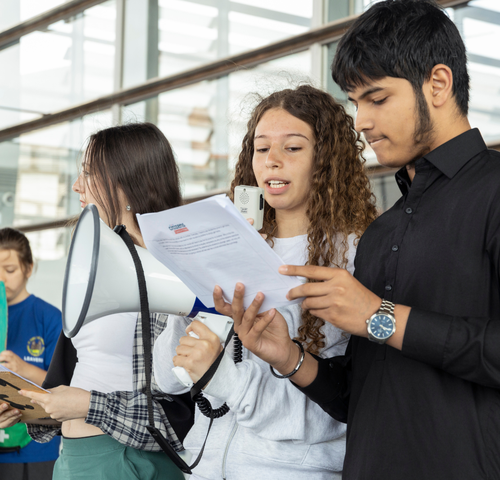Neil Jameson: A Friend And Brother In Championing The Common Good. Dr Abdul Bari
Neil Jameson: A Friend And Brother In Championing The Common Good
By Dr Abdul Bari
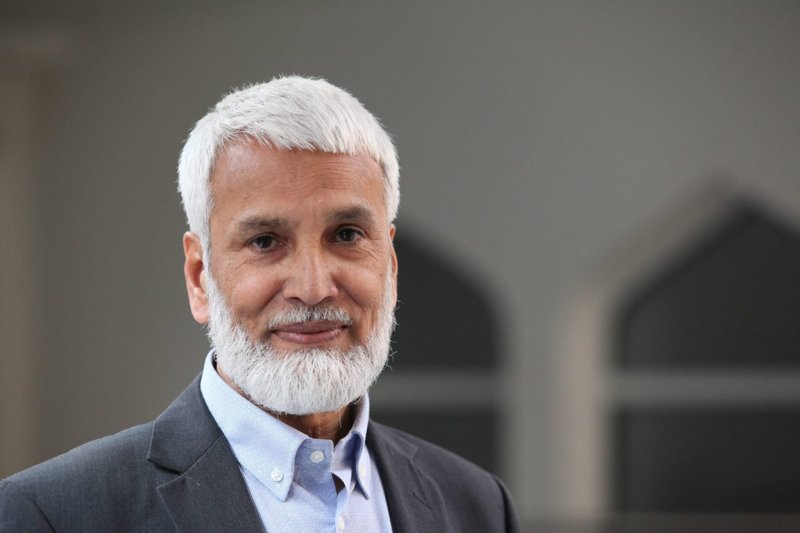
Neil Jameson reminisced the early days of his community organising and the beginning of our long friendship in the Foreword of my memoir, A Long Jihad: My Quest for the Middle Way – “My vocation to revive the tradition of community organising in the UK started properly in 1989, when I helped set up Citizens UK to be the home of community organising. …In 1994, I was invited to take this model to East London and see if it was possible to organise across the four East London boroughs of Newham, Waltham Forest, Hackney and Tower Hamlets. …In November 1996, leaders and members of forty-seven civil society groups across the four boroughs gathered at York Hall in Bethnal Green for the Founding Assembly of TELCO. …The largest and most disciplined turnout was the delegation from the East London Mosque (ELM) in Whitechapel.
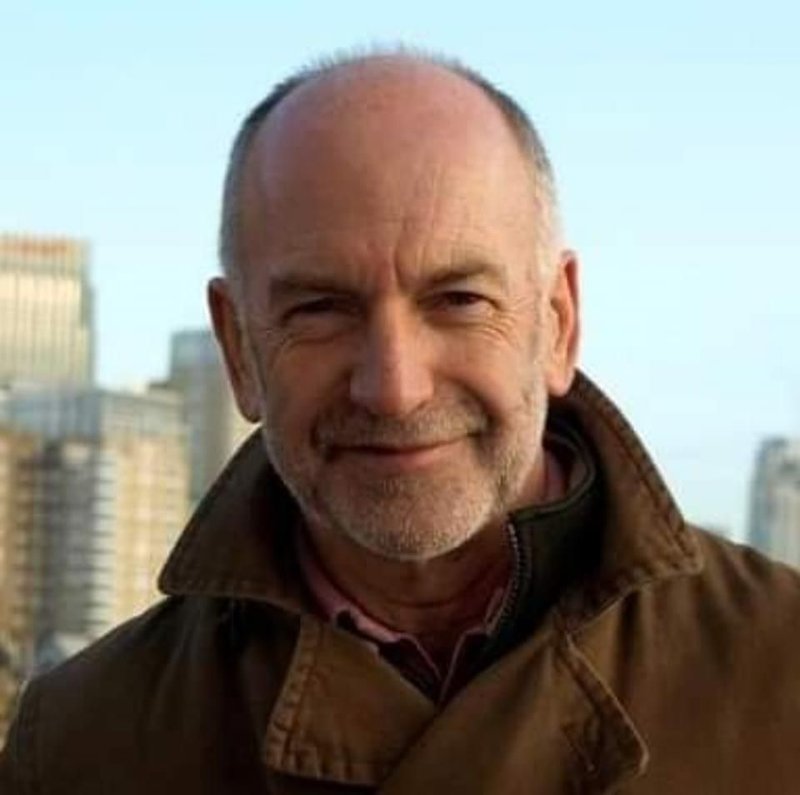
This was the beginning of what has been a mutually beneficial relationship between what is now the London Muslim Centre, its neighbours in TELCO/London Citizens, and Dr Bari and myself.”
Neil Jameson and I first met in 1994 and I penned our encounter in the following way – “One day, in the mid-1990s, a well-dressed white gentleman came to visit the mosque to discuss a project he was planning to start in East London. A few of us in the ELM gathered around him, wondering ‘Does he have any agenda?’
He introduced himself as Neil Jameson and spoke about community organising by citizens working together to improve life in our neighbourhood communities as a vehicle for social and political change for good, ideas which immediately chimed with me. It reminded me of the basic Islamic teachings of social justice, i.e., working for the common good of all in society, a crucial civic responsibility for any citizen.”
Neil spoke with conviction and inspired us all that day. We signed up to his project and in doing so, ELM became a founding member of The East London Communities Organisation (TELCO).
Since our very first meeting I admired Neil for his innate human qualities – he was always positive, amiable, entrepreneurial and productively busy. Inspite of my fulltime teaching job and various voluntary work, I continued to work with him over the next few decades in the community organising that he championed until an untreatable and unexpected cancer led him to hospital in April 2023 for the last journey of his life. “It was so sudden and such a shock to everyone because he had shown no symptoms at all until three weeks ago,” wrote his wife Jean shortly after his passing.
Under Neil’s leadership, TELCO rapidly expanded into London Citizens and then became Citizens UK (CUK) that we know now as UK’s largest grassroots alliance made up of schools, universities, churches, mosques, synagogues, parent groups, health trusts, charities and unions.
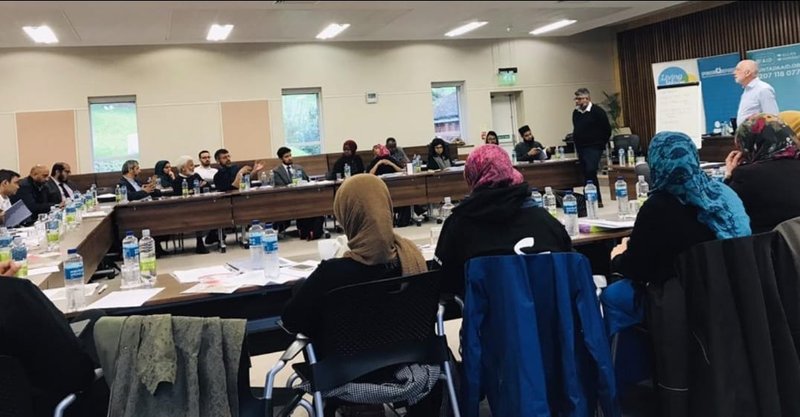
By the time Neil decided to step down as its Founding Executive Director in August 2018, Neil was already a legend in community organising and grassroots democracy. The areas of work that he led in CUK the Living Wage campaign calling for every worker in the country to earn enough to provide their family with the essentials of life, under the banner of the Living Wage Foundation (LWF); an advocacy campaign called Strangers into Citizens, to influence the policies of major political parties during the 2008 London mayoral election and in the 2010 general election; setting up an Independent Asylum Commission to investigate widespread concerns about the way refugees and asylum seekers were being treated by the UK Borders Agency; calling for the introduction of sponsorship of refugees based on the Canadian model of community sponsorship – among others. He was awarded RSA’s prestigious The 2018 Albert Medal for “services to community organising for the common good”.
While based in East London since the early 1990s, Neil took it upon himself to become an active member of the community. He contributed to the historic East London Mosque (ELM), providing his expert advice in its struggle to acquire land in the late 1990s. ELM had a great need for additional space for its expanding youth and community works but a large property firm, Ballymore, swooped in and bought it at a much higher price. With Neil’s support, ELM was able to step up our efforts to convince the Tower Hamlets (TH) Council to get the land from Ballymore.
Our main objective was to convince TH’s Planning Committee that ELM’s community need was much greater than a few luxury flats. We approached other faith and ethnic communities in the area and got their strong support. But it was Neil, who as TELCO leader gave a brief talk in support of the ELM, that impressed the council’s Planning Committee. Although the Committee could not make a decision, a tripartite deal was agreed soon between the ELM, the council and Ballymore. A multistorey community building with a business wing, named the London Muslim Centre, came into being in 2004.
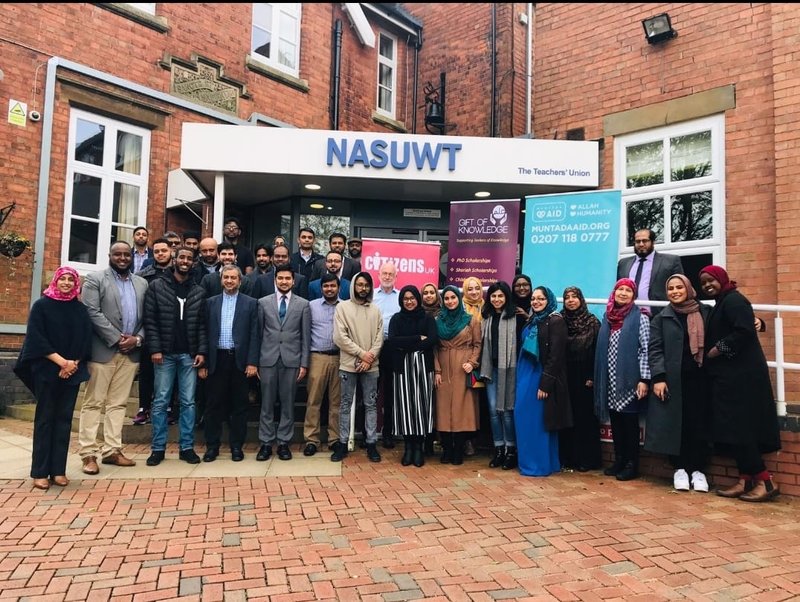
I worked even more closely with Neil following the fateful day of 7/7 London bombings in 2005. As Muslims across the country suddenly found themselves under suspicion and media attacks, Neil and other civic leaders in East London came strongly in support of Muslims and institutions like ELM. In early 2006, when I joined the LOCOG Board for the Olympics and Paralympic Games in 2012, Neil enthusiastically came up with many practical ideas on how we could bring communities together. The Summer of 2012 proved to be one of the best and joyous seasons for social and political harmony in Britain’s living memory. CUK organised a big event in the York Hall in Bethnal Green with over a thousand attendees including some Olympians and Paralympians.
Sadly, the brutal killing of a British Army soldier, Fusilier Lee Rigby on 22nd May 2013 by two young men created a new wave of anti-Muslim backlash. Two more events gripped the country in 2014 which worsened the situation further – 1) a highly controversial and politicised scandal named ‘The Trojan Horse’ affair with an alleged conspiracy of organised attempts to bring an ‘Islamist’ ethos into some Birmingham schools, and 2) the sudden and rapid emergence of the so-called Islamic State of Iraq and Syria (ISIS or Daesh). These events turned Muslims into an open target for attacks from many quarters.
By this time, I had been invited by Neil to the national CUK Council, that was working to address some of the very pertinent issues related to citizens welfare. I was also in CUK’s Executive Committee and discussed the worsening plight of Muslims with Neil. We gathered ideas from others and Neil took the issue to the CUK board who decided to form a Citizens Commission on Islam, Participation and Public Life.
We approached Rt Hon Dominic Grieve QC, MP who agreed to become the Commission’s Chair. We found a number of senior public figures from diverse backgrounds as Commissioners and Advisors. From October 2015, the Commission visited a dozen major UK cities to gather public and private evidences from Muslims and non-Muslims on the challenges of Muslim participation in public life. The Commission published its landmark report, The Missing Muslims: Unlocking British Muslim Potential for the Benefit of All, in 2017 with a number of recommendations aimed primarily at the civil society, including the Muslim and business community and the State.
Neil was fully committed to pursue the recommendations of the report, but after his departure from the CUK in 2018 the momentum could not be kept alive. He then felt that he should initiate a project with a goal to helping young Muslims to work with mainstream civic and public life. He prepared a proposal to initiate the project, named “The Middle Way Foundation”, he adored the term ‘Middle Way’. He and I met Muslim charities and philanthropists for financial support to start the project but despite our best efforts we realised our inability to get the funding needed. For the first time, I saw some signs of disappointment in him but this did not dent his ambition to do something productive. He started working for the alleviation of the refugee crisis in the UK.
In 2019, a young Trustee of CUK who was very close to both of us was diagnosed with an incurable spinal cancer. Nabeel Azami, an award-winning Human Resource specialist and a proponent of ethical leadership, who was then writing a book on the Prophetic leadership qualities. As he came to know his days were numbered, Nabeel took it upon himself to finish writing it from his hospital bed. Muhammad (S): 11 Leadership Qualities that Changed the World was published before he died at the age of 39. Nabeel’s death was deeply saddening to all that who knew him. The Nabeel Foundation (NF) was formed to continue his work on ethical leadership with Neil and I becoming founding Trustees.
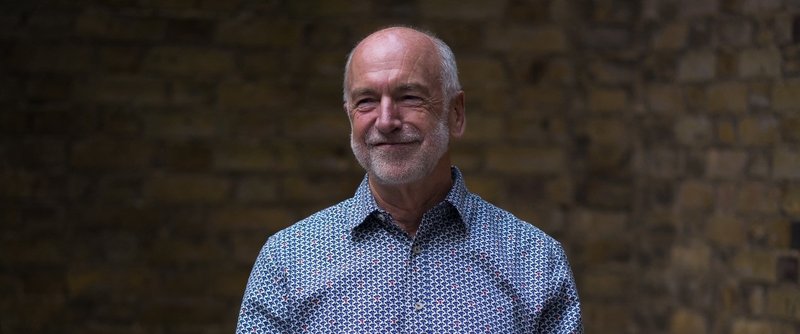
It is impossible to put in to words the extent of Neil’s extraordinary legacy. He formed a charity, UK Welcomes Refugees (UKWR), a few years ago and continued to work tirelessly for refugee rights. He and his wife Jean moved to Devon and became typically active in their neighbourhood. Due to his long connection with me and probably for my interest and my published book, The Rohingya Crisis: A People Facing Extinction, he invited me to join UKWR board. The board met online just a few weeks ago and Neil was completely normal and as dynamic as ever.
On 14th April, UKWR’s Chair Mark Wiggin emailed some of us with the shocking news of Neils serious illness. Before the news of his passing came on 24th April, I also exchanged texts with CUK’s Executive Director Matthew Bolton. His death has since left a void in my heart.
Neil was ever active in changing and improving the lives of countless people, particularly those of disadvantaged backgrounds. I have seen his natural human qualities of serving others and working for the common good of all. He was a man of vision, energy and action; but he was always thoughtful, cheerful and empathetic. He was an inspiration on our shared human and religious values. He symbolised many virtues that are greatly needed in our time. His work and legacy will continue and he will forever be remembered by everyone who’s lives he touched and inspired.
Neil Jameson CBE (1946-2023) leaves behind his wife, Jean, four children and seven grandchildren who should take solace knowing what a great man he was.
To God we belong, and to Him we shall return





